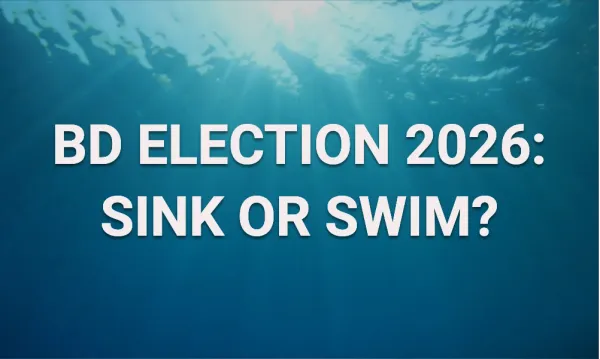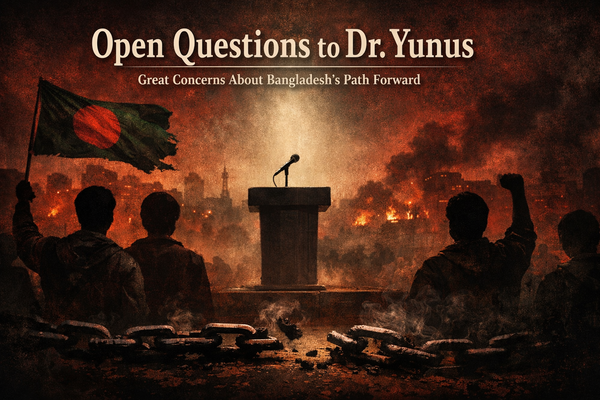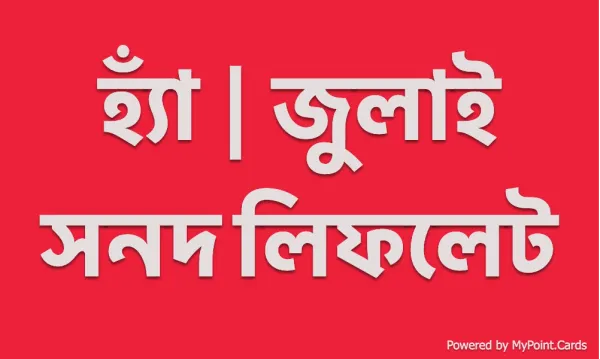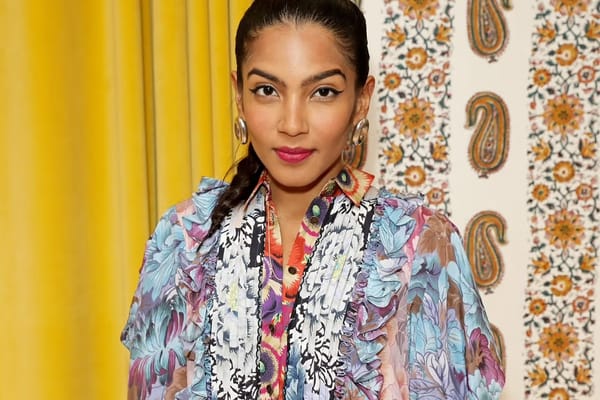1971: Memory, Emotion, and the Future of BD–PAK Relations
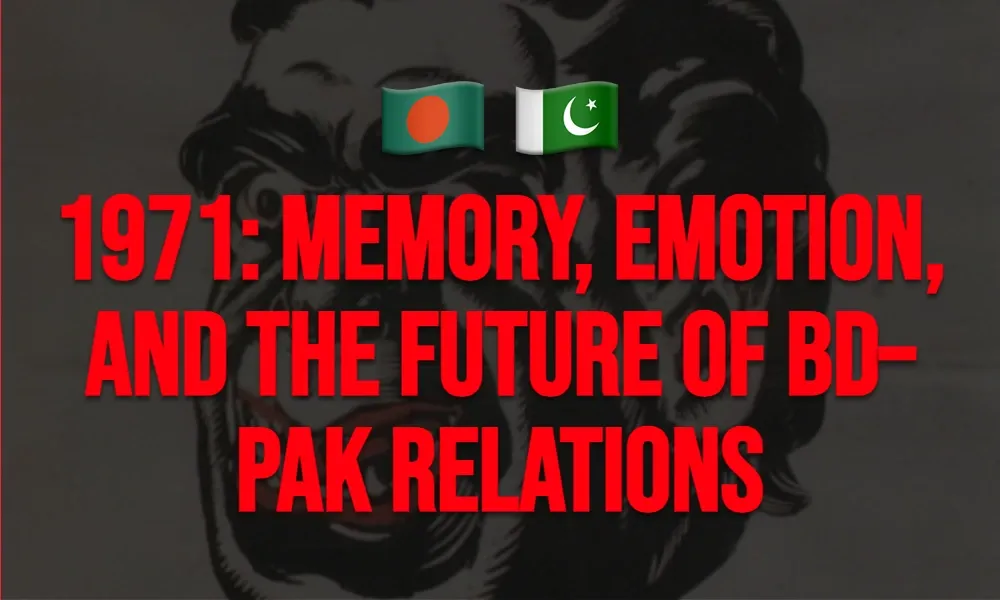
Table of Contents
It began with a voice trembling with anger.
Another voice cut in, heavy with grief.
Then another—calm, almost clinical—arguing numbers.
I was listening to a Space where Bangladeshis, many of them too young to have lived through 1971, were once again reliving it. Not the battles themselves, but the debate over the true death toll of the Liberation War.
A recent video by Pinaki Bhattacharjo sparked it off, claiming the death toll was “only a few thousand.” Others defended Sheikh Mujibur Rahman’s infamous figure of 3 million. Some countered with 1 million, citing Indian submissions to the UN, though few had ever been independently verified.
But as I listened, it wasn’t the statistics that mattered. It was the raw emotion.
For Bangladeshis—even those born decades later—1971 is not history. It is an open wound.
The Trap of History
The Space had started with a different question: How do we normalize Bangladesh–Pakistan relations today, especially when both nations face a shared challenge in Indian hegemony?
It was meant to be pragmatic. Strategic. Future-focused.
Instead, the conversation was dragged back to 1971 and the one thing Pakistan has never given: an official acknowledgment of the genocide. For many Bangladeshis, until that truth is faced, no future can be built.
The Tightrope Walk
Normalizing BD–PAK ties is a geopolitical tightrope walk. Misstep, and the wounds of history reopen. Walk carefully, and it could give Bangladesh a new tool against Indian dominance.
But before governments dare to take that step, the public must learn how to talk about it. And here, the diaspora—the expats who dominate X and other platforms—can play a decisive role.
A Social Contract for Civility
Passion without discipline leads only to shouting matches. If we are serious, then the conversation itself must be reshaped.
I propose a Social Contract: an online pledge, even something as simple as a Change.org petition, where participants agree to ground rules before entering the debate.
The contract would say:
- Civility is non-negotiable.
- Counterpoints must be heard with respect, no matter how absurd they sound.
- The objective is not to “win” the debate but to find common ground and build a win–win vision for both Bangladeshis and Pakistanis.
Anyone who breaks the agreement removes themselves from the conversation.
This is not censorship—it is structure. A framework for dialogue where emotion doesn’t drown reason.
The Way Forward
Fifty-three years later, the war still echoes in every Bangladeshi heart. Numbers will always be disputed. But if we are to move forward, perhaps the first true step is not diplomatic recognition or trade deals—
but an online promise.
A promise to speak with respect.
To listen as well as argue.
To let history inform us without shackling us.
Only then can BD–PAK normalization stop being a dream and start becoming a future.

